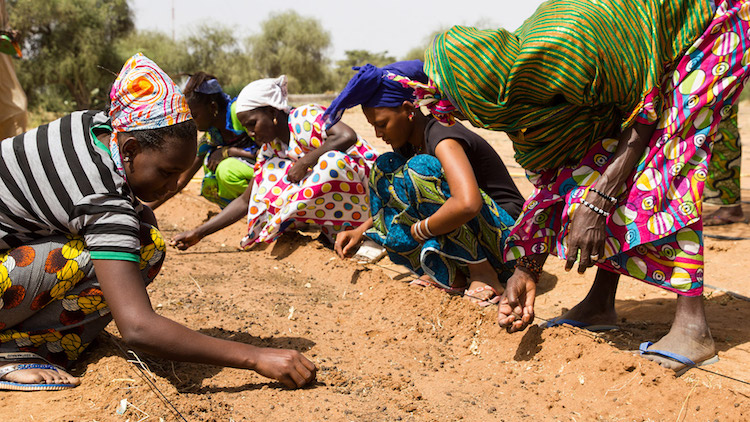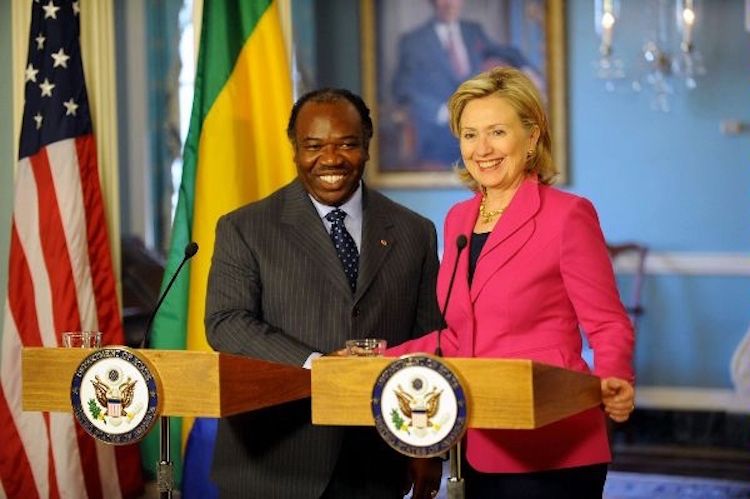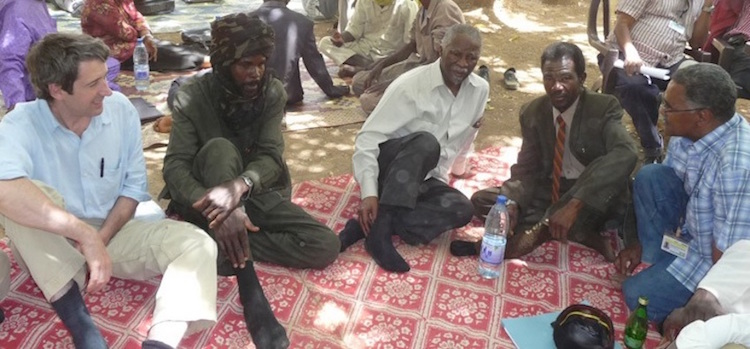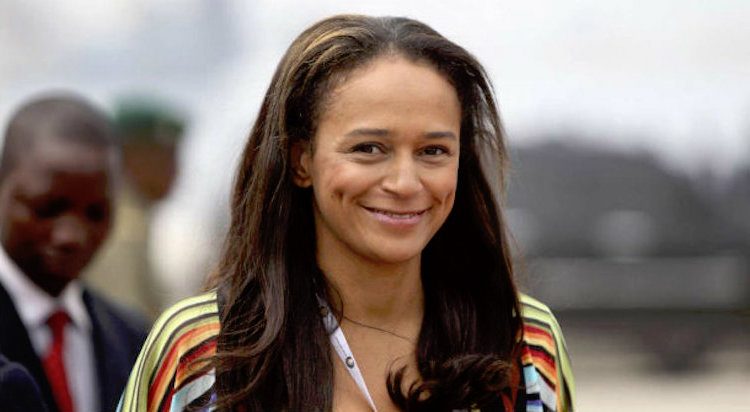KAMPALA (IDN | GIN) – Police are resuming their attacks on Uganda’s mostly underground LGBTI community – raiding nightclubs and making arrests.
The renewed police activity comes as gays and rights activists mark the day and month in which a law requiring homosexuals to be jailed for life was overturned.
During the latest crackdown on August 4, police unlawfully raided a pageant in Kampala’s Club Venom to crown Mr/Ms/Mx Uganda Pride, according to a release by a coalition of activist gay rights groups including Human Rights Watch.









